The Lavin Agency Speakers Bureau
A speakers bureau that represents the best original thinkers,
writers, and doers for speaking engagements.
We value your privacy
We use cookies to enhance your browsing experience and to analyze our traffic. By clicking "Accept All", you consent to our use of cookies.
We use cookies to help you navigate efficiently and perform certain functions. You will find detailed information about all cookies under each consent category below.
The cookies that are categorized as "Necessary" are stored on your browser as they are essential for enabling the basic functionalities of the site. ...
Necessary cookies are required to enable the basic features of this site, such as providing secure log-in or adjusting your consent preferences. These cookies do not store any personally identifiable data.
Functional cookies help perform certain functionalities like sharing the content of the website on social media platforms, collecting feedback, and other third-party features.
Analytical cookies are used to understand how visitors interact with the website. These cookies help provide information on metrics such as the number of visitors, bounce rate, traffic source, etc.
Performance cookies are used to understand and analyze the key performance indexes of the website which helps in delivering a better user experience for the visitors.
Advertisement cookies are used to provide visitors with customized advertisements based on the pages you visited previously and to analyze the effectiveness of the ad campaigns.
A speakers bureau that represents the best original thinkers,
writers, and doers for speaking engagements.

We live in a time of scarcity, says Derek Thompson: not enough housing, energy, or innovation. But we can flip the script. In his #1 New York Times bestseller Abundance (co-authored with Ezra Klein), the popular podcaster and Atlantic writer offers a roadmap towards a hopeful future where we have more than enough—for everybody.
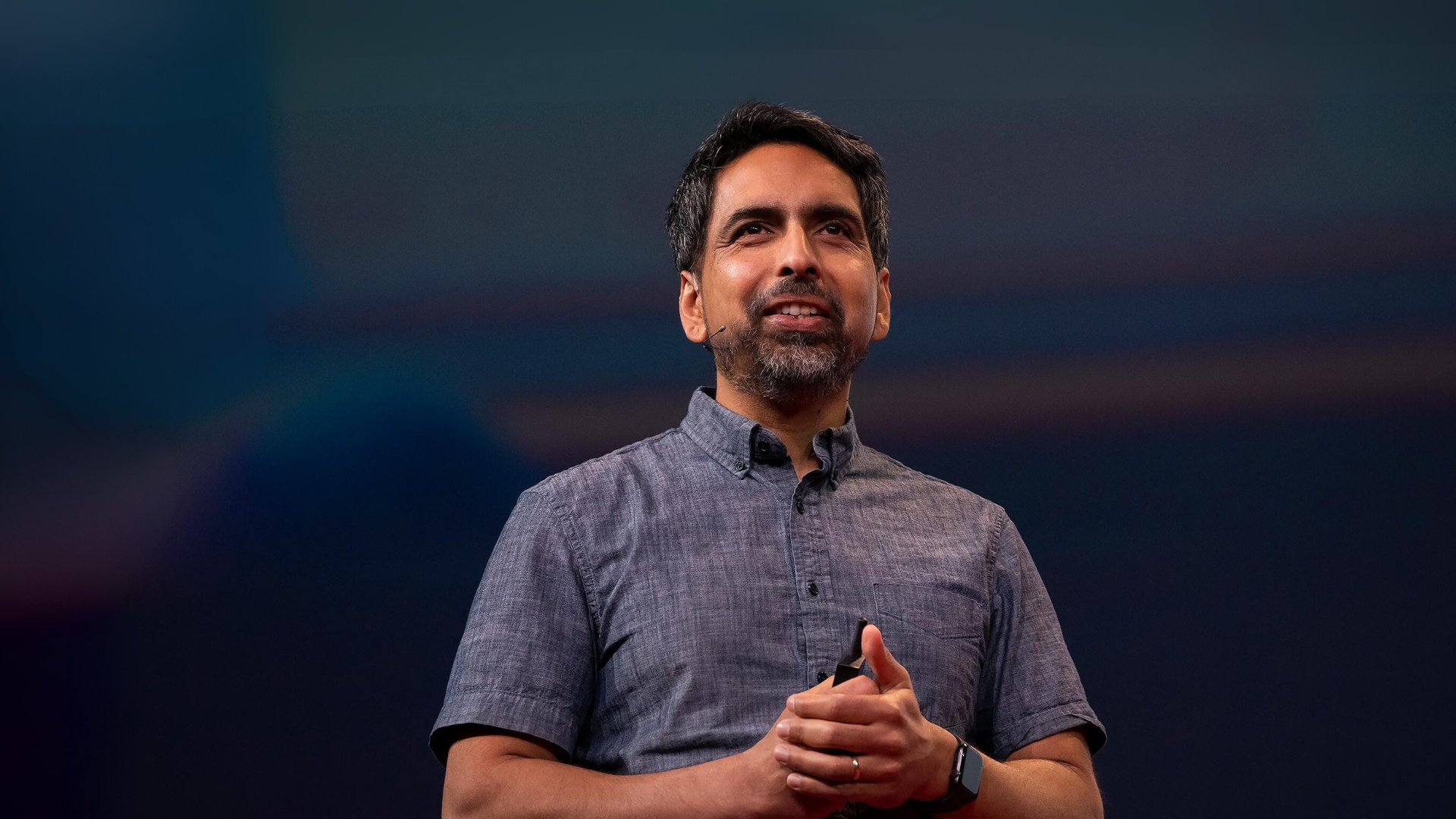
AI is taking the education world by storm. There’s no escaping it—which is why you need to lean into it. The founder of Khan Academy and the biggest name in the education revolution, Sal reveals how teachers and students alike can harness the power of this technology to reach greater heights.
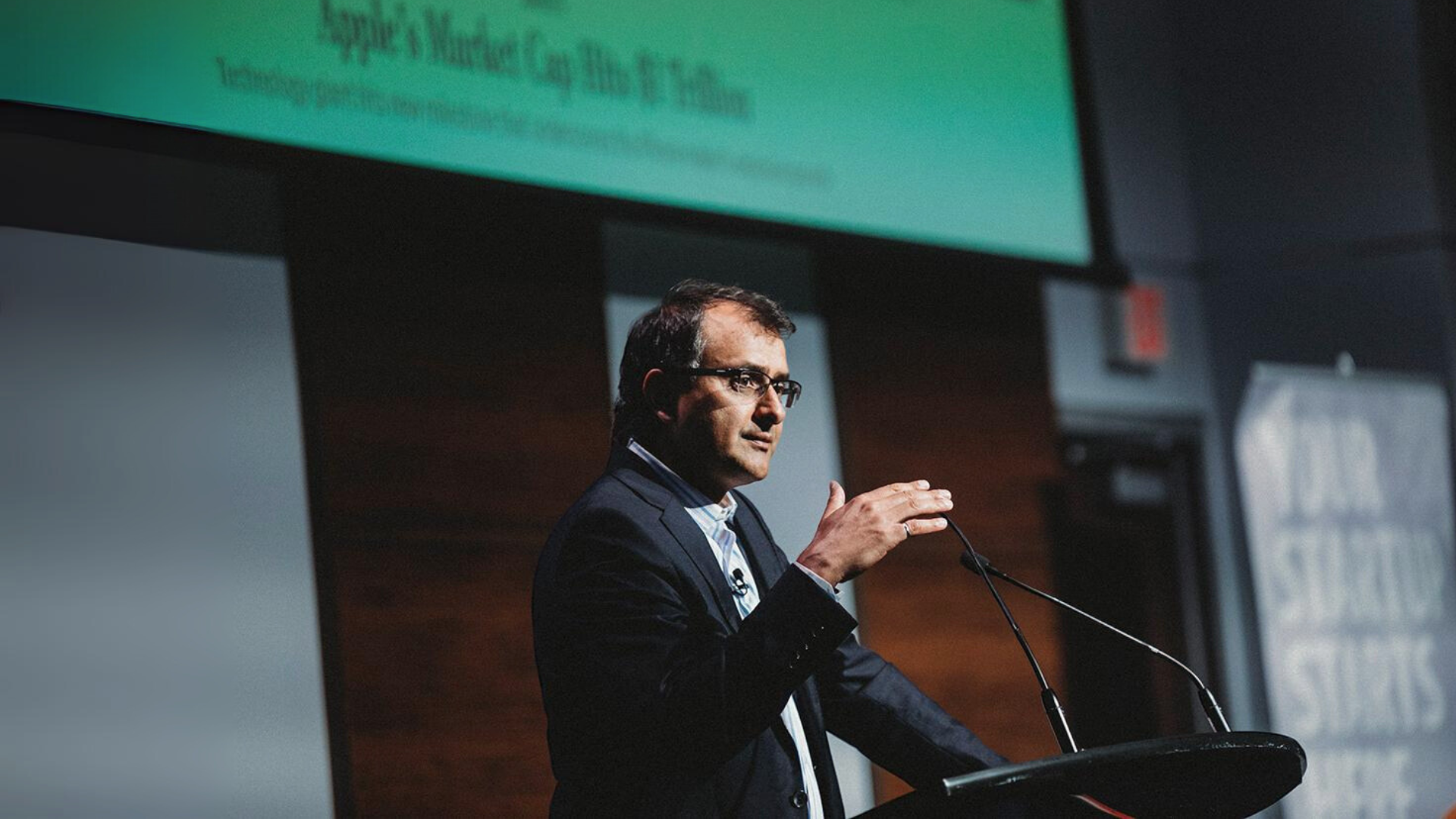
Because AI technology improves with use, whoever gets ahead first will gain a sustained edge over the competition. You have a once-in-a-lifetime chance to tap into this opportunity today. As founder of the largest AI startup incubator on the planet, Ajay offers unique insights into the business applications of AI for leaders looking to get ahead.
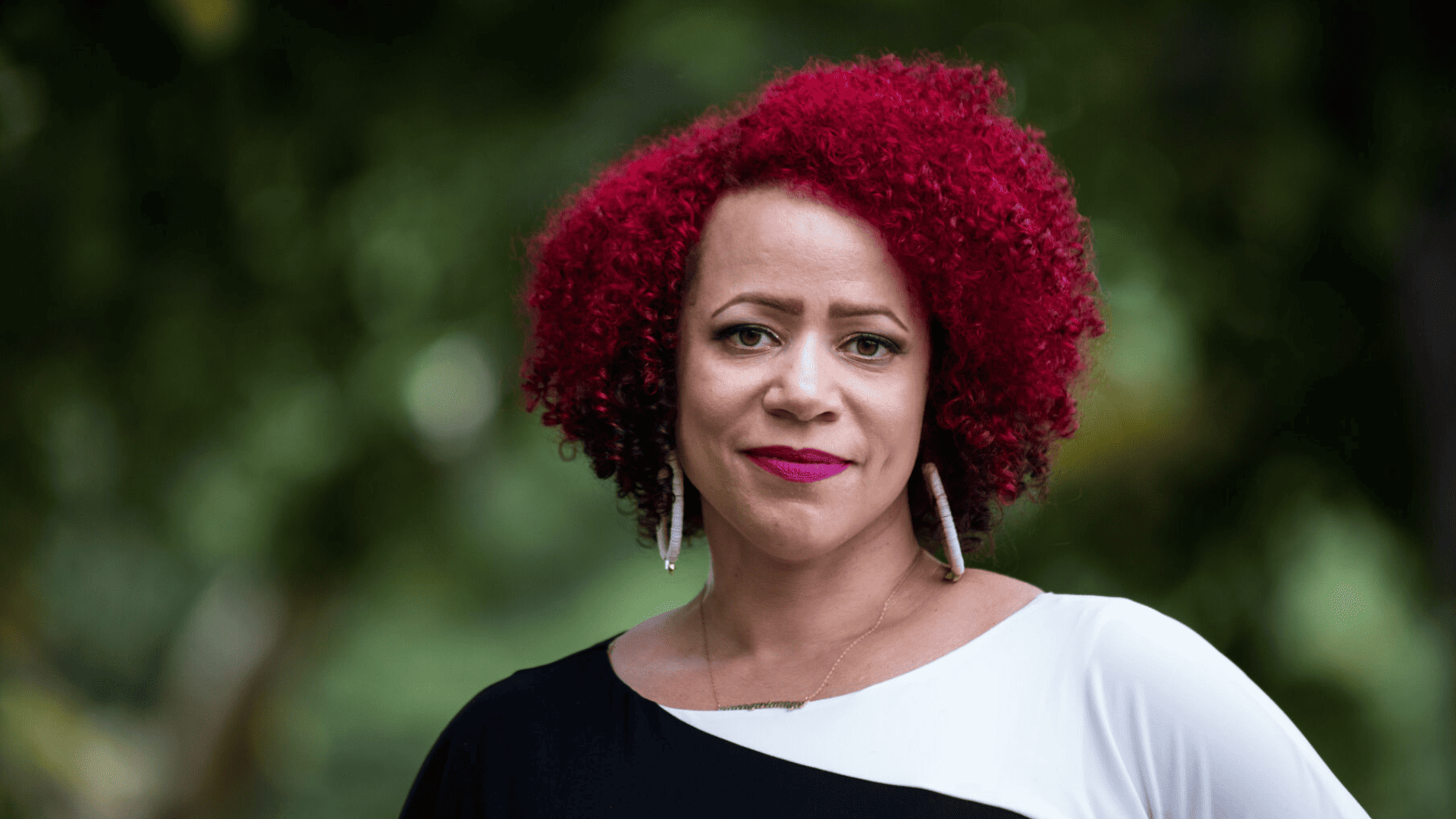
In the 1619 Project Hulu docuseries, which won the Emmy for Best Outstanding Documentary or Nonfiction Series, this Pulitzer Prize-winning author proves that when we understand the history of Black America, we understand the history and the future of all America—which makes us better equipped to fight for racial justice today.
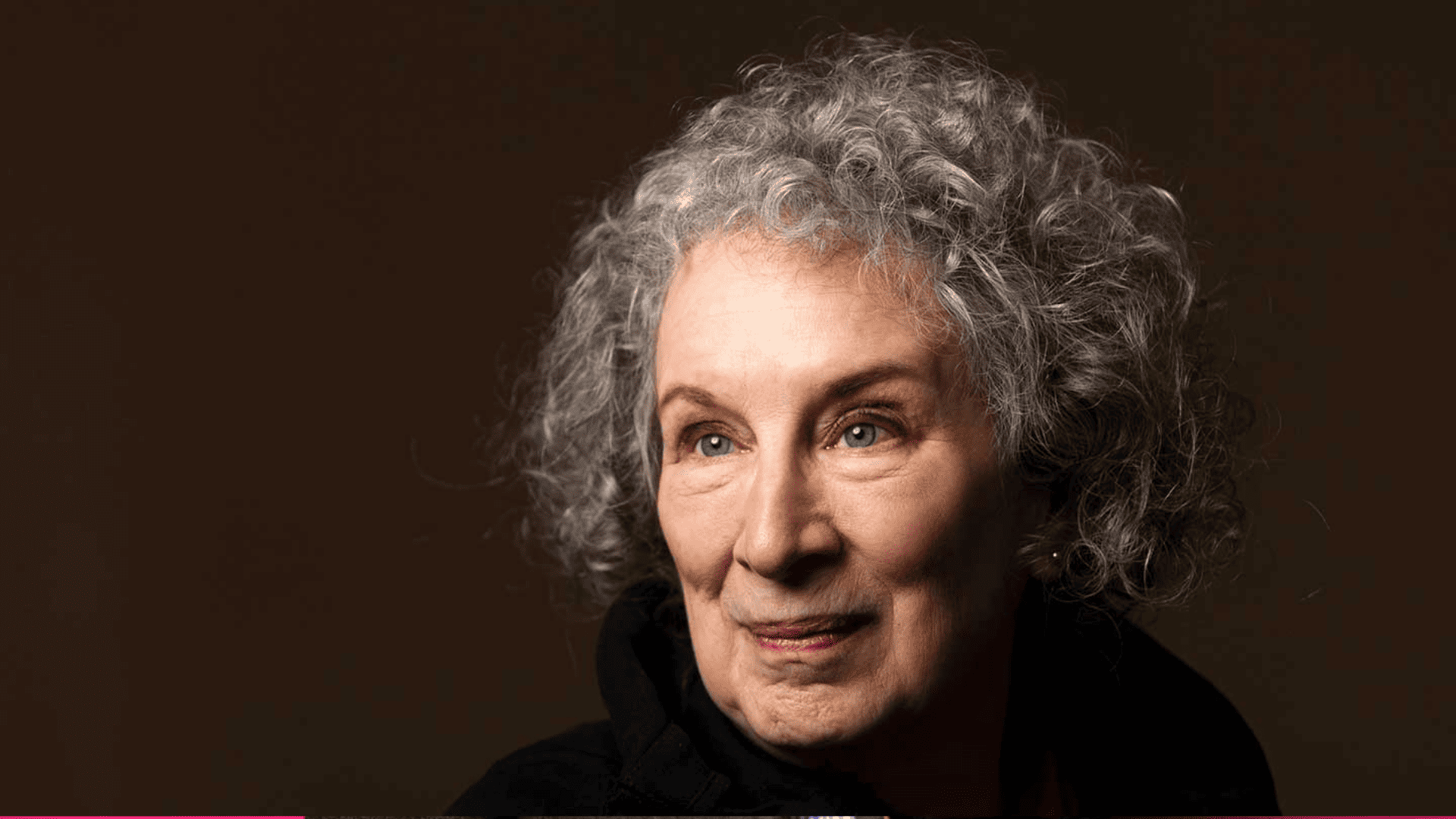
The author of The Handmaid’s Tale and one of the world’s most brilliant and iconic writers, with sparkling wit, a prophetic eye for the future, and a deep passion for social activism.

#1 New York Times Bestseller: A Future of Abundance
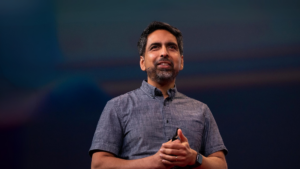
Here's How AI Could Save Education

You Can't Afford to Be Second Best in AI

The Emmy-Winning 1619 Project Explores Our Past—And Present

Living Legend & Cultural Icon
Working with The Lavin Agency was an absolute delight. Not only were they quick to respond to all of our updates and requests, they went above and beyond to ensure that our needs were met. We considered them partners in making our event shine by making the speaker selection, booking and planning process as seamless as possible.
Greater Madison Chamber of CommerceFrom start to finish, the Lavin team demonstrated unparalleled professionalism, ensuring seamless communication and responsiveness throughout. We highly recommend The Lavin Agency for any event seeking top-notch speakers and a smooth, enjoyable collaboration process.
QuizletWorking with The Lavin Agency was fantastic! From our initial inquiry through the booking and negotiation process until our scheduled event, they were incredibly helpful and supportive every step of the way. Our questions were addressed promptly and thoughtfully, and all logistics were handled professionally. I highly recommend collaborating with The Lavin Agency and their impressive talent roster. You won't be disappointed!
Temple Etz ChaimThe Lavin Agency was a pleasure to work with! They checked in at every step of the process and provided support to connect with the speaker on our individual requests. Many thanks!
County of VenturaI had the opportunity to work with The Lavin Agency in organizing an online workshop. The event was a success because of their kind support. Their work was very precise and all the people I communicated with were always kind, punctual, flexible, and ready to support me with everything I needed. It is a pleasure to recommend The Lavin Agency and I will be happy to work with them further as soon as another opportunity arises.
The European House - AmbrosettiGenerative AI promises to be more disruptive than the internet itself. Our speakers will show you what's next, what's at stake, and how to seize the opportunities right now.
From reimagining corporate social responsibility, to breaking down barriers in education, these Lavin Speakers tackle diversity, equity, and inclusion from all angles.
Lavin’s social justice speakers seek to transform the world through empathy, activism, and the entrepreneurial spirit needed to push through truly revolutionary change.